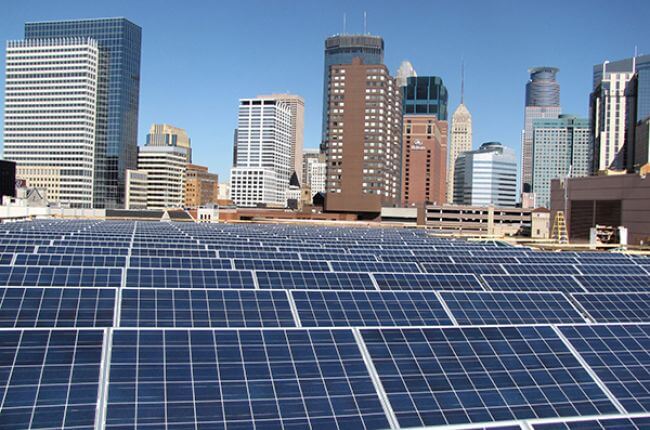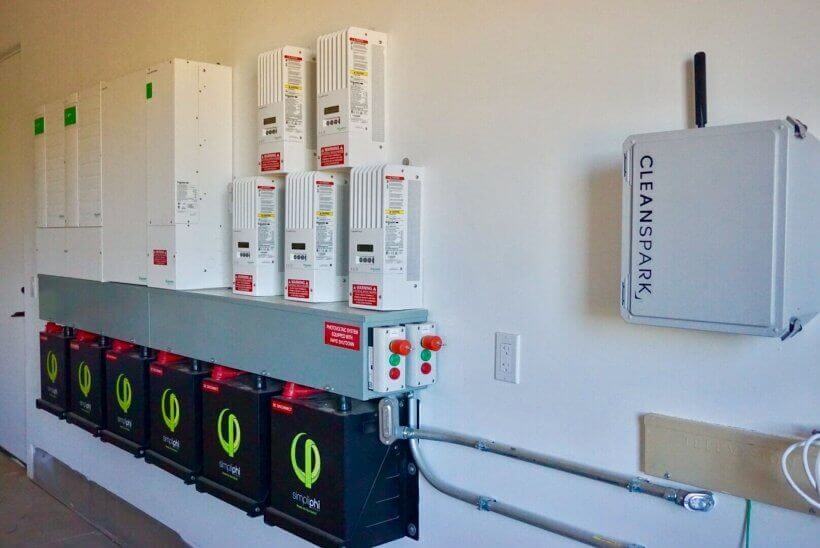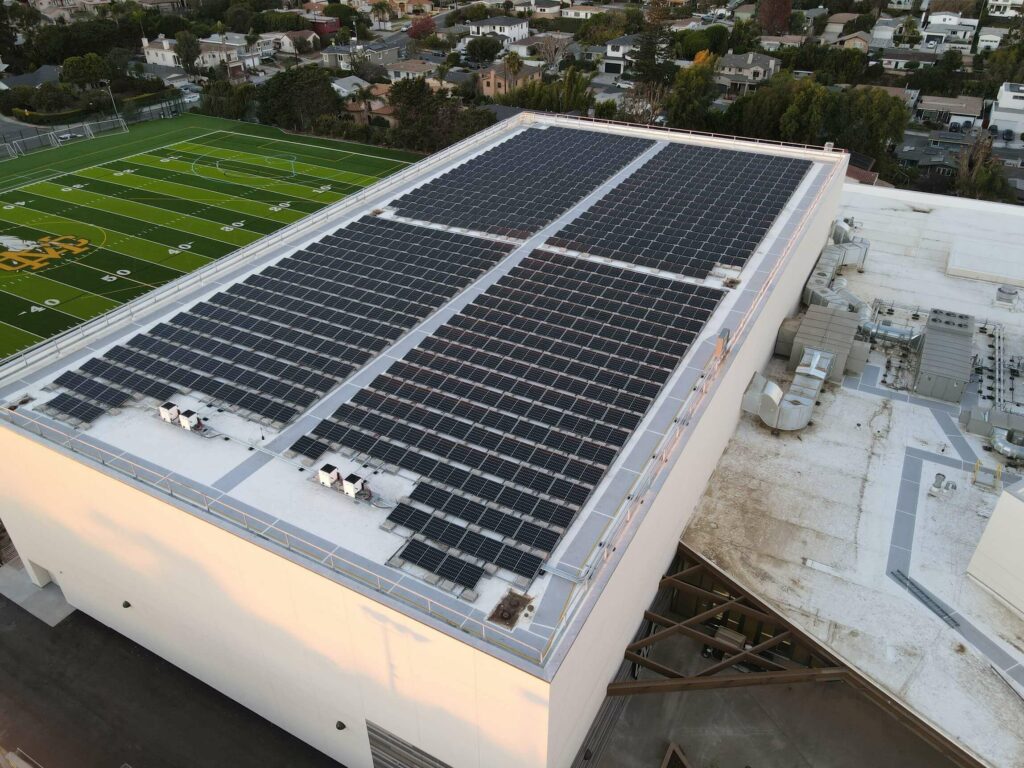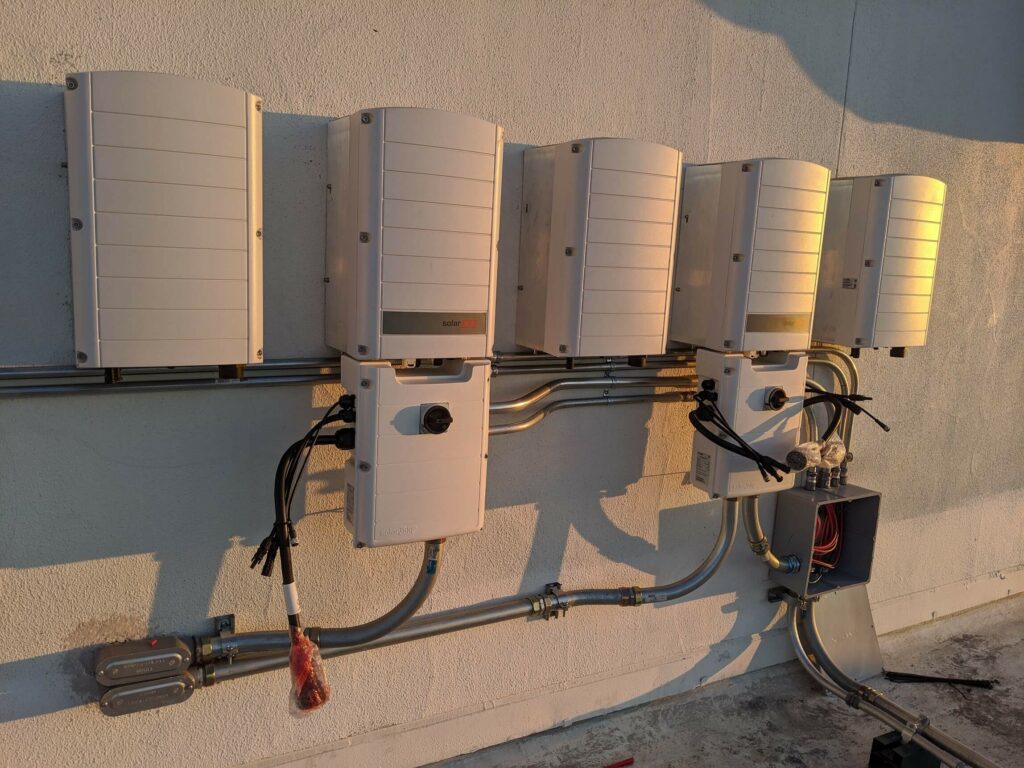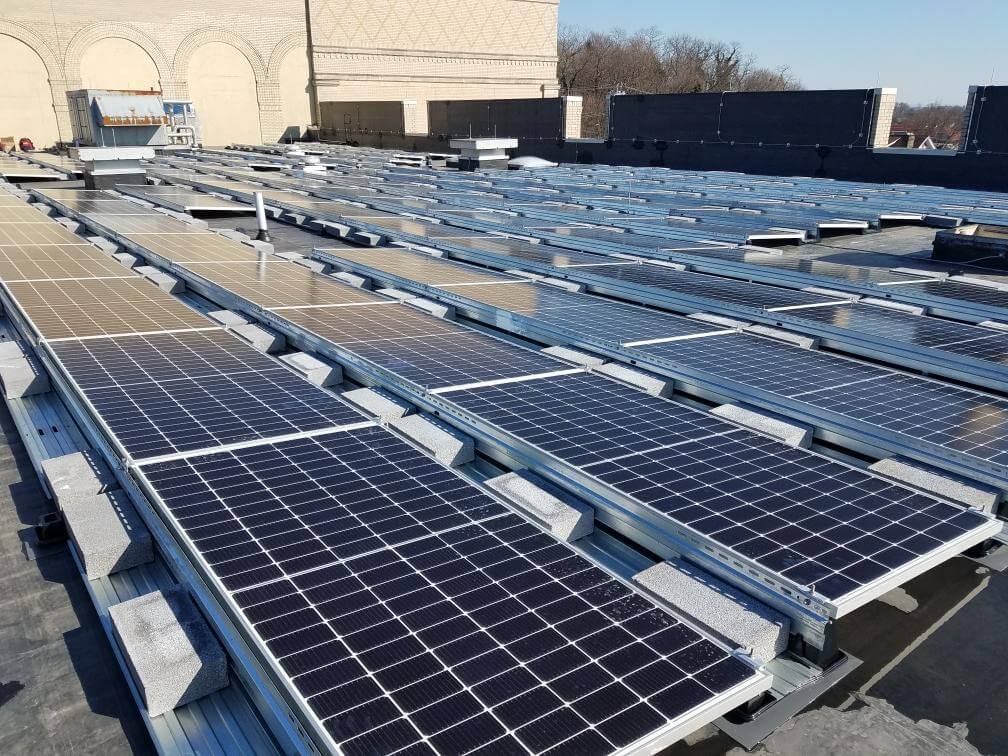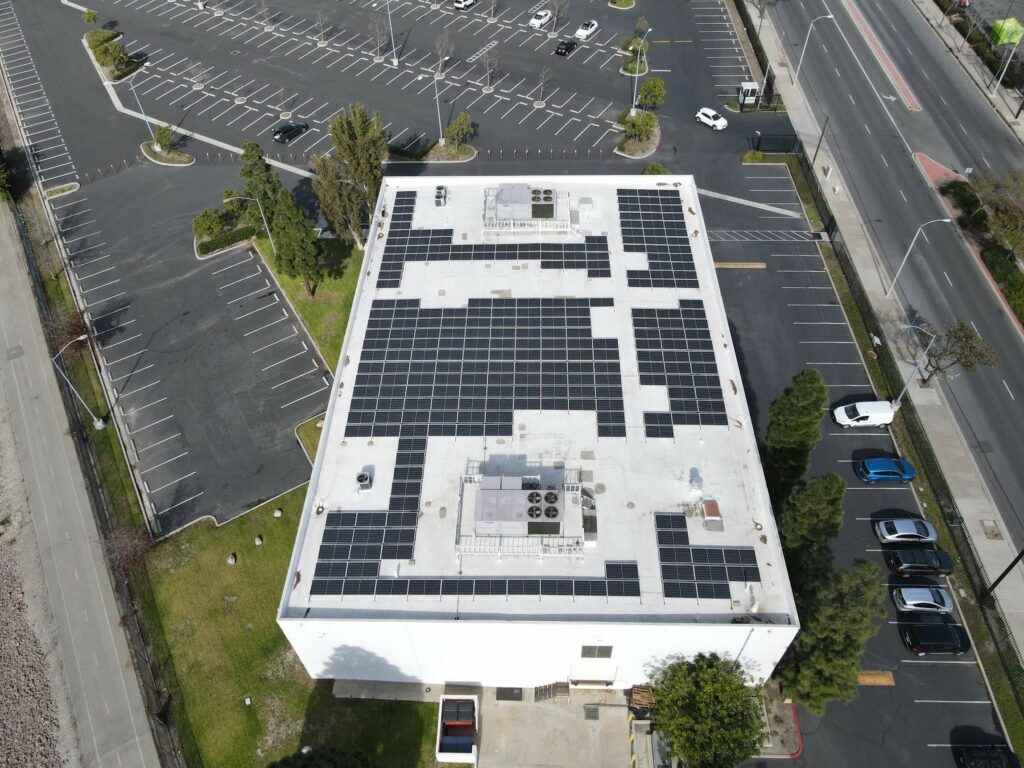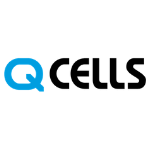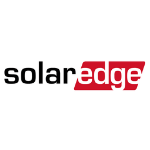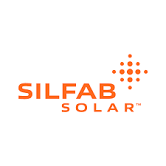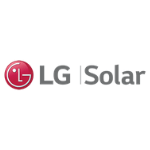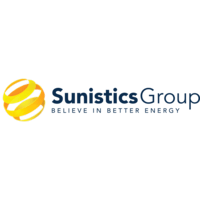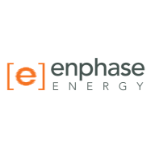Our Process Made Simple

Collecting Necessary Information
We speak with the person(s) of contact to receive the annual energy consumption & demand charges, roof age/stability, shading or obstructions, etc to accurately assess solar eligibility.
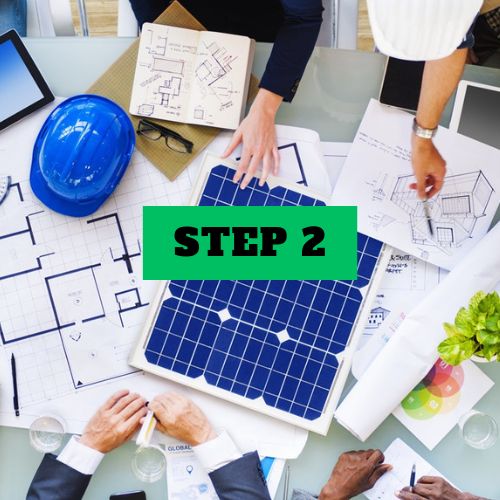
We Design Your System
Then if your building(s) qualify, our licensed commercial solar engineers will design a customized solar panel system based on all pertinent info obtained upon the initial consult.

Schedule 1-On-1 Consult
Lastly, we present a comprehensive proposal for your project(s) which includes various $0 down financing options and term lengths that works best for your company. **Consultations can be done in person or virtually.
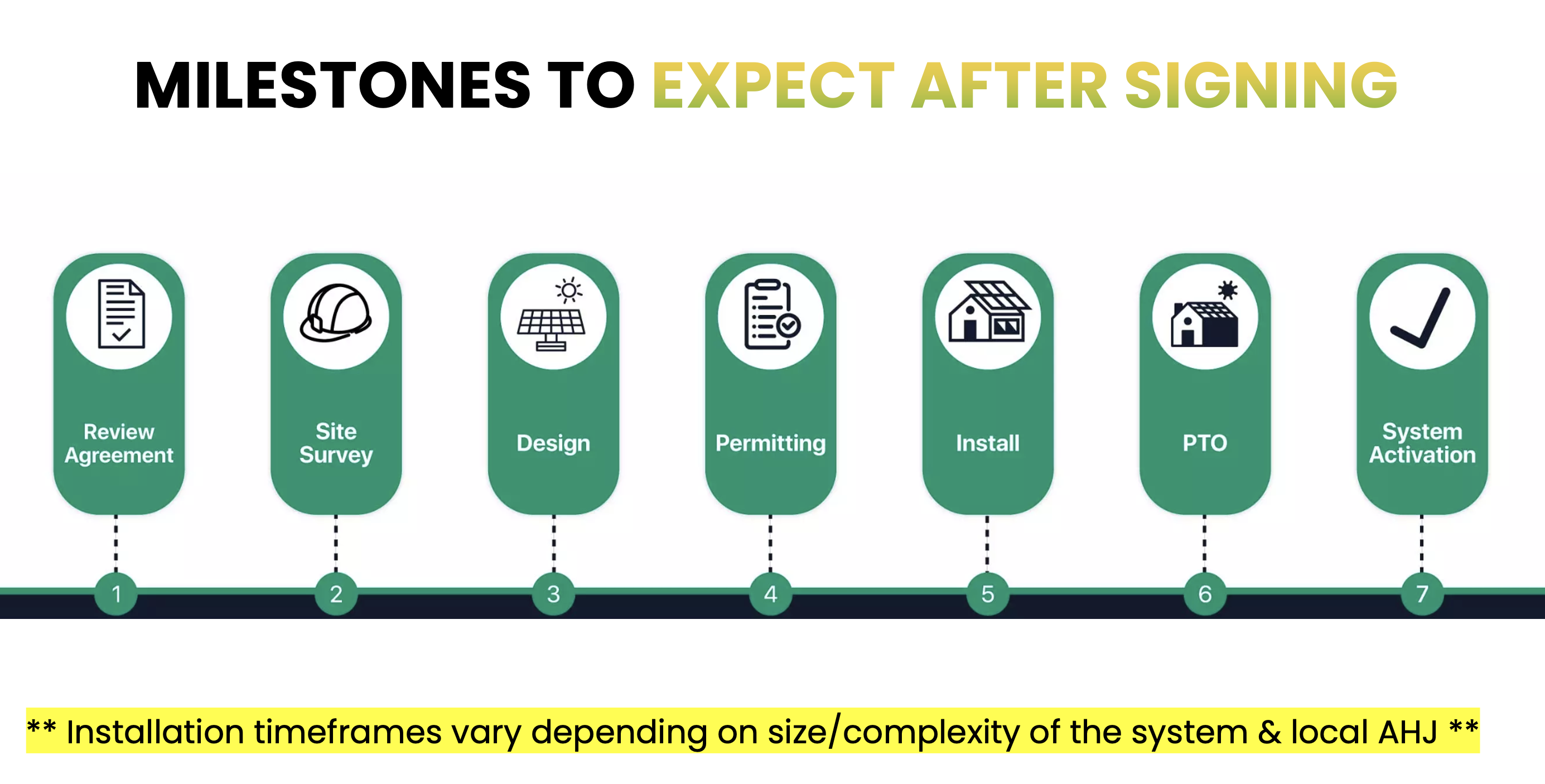
Common Commercial Solar FAQ's
Yes, if purchased, there’s a 25-year manufactures’ warranty on the solar power system and a 10-year workmanship warranty that covers all workmanship defects related to installed work only. With a PPA, the installers maintain ownership of the panels during your agreement which also has a 20-year manufactures’ warranty throughout the lifetime of the PPA agreement.
The average business will save $5,063 or more on electricity costs annually with commercial solar. If your business reinvests this money towards other business expenses, commercial solar is very profitable.
Business owners receive a federal tax credit equal to 30% of the upfront cost of solar for businesses; including battery backup. It’s a credit, not a deduction, meaning if your project costs $100,000, the ITC reduces the amount you owe the federal government in taxes by $30,000.
Batteries can help you shave peak demand, which can lead to substantial bill savings if rates are based on demand charges. Similarly, if you’re on a time-of-use (TOU) rate plan and your rates fluctuate depending on the hour of the day, day of the week, and time of year, with a battery you can minimize the amount of electricity you need to pull from the grid when rates are high, resulting in significant savings.
Commercial and industrial-scale installations use two primary types of solar panels: monocrystalline and polycrystalline. They are often larger than residential panels used by homeowners. Large-scale commercial solar installations often use 96-cell or greater solar panels, meaning each panel is comprised of 96 or more individual solar photovoltaic cells.
There are many installation options for commercial solar projects, including various factory roofs, solar carports in & above parking lots, or large ground-mounted arrays. Commercial and industrial solar systems often include intricate racking systems to elevate and tilt the panels.
Some Partners & Products We Work With
Still unsure or not ready to move forward? That’s perfectly fine, schedule a 1-on-1 consultation so that one of our qualified commercial solar energy systems advisors can contact you and answer any additional questions, comments or concerns you may have.









